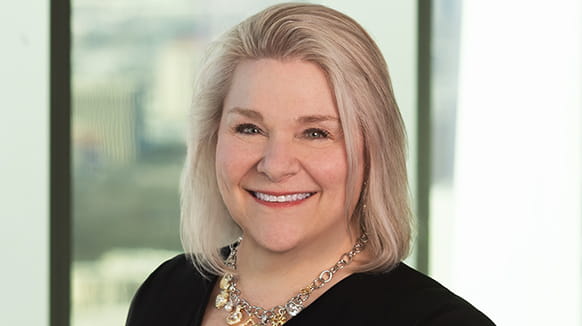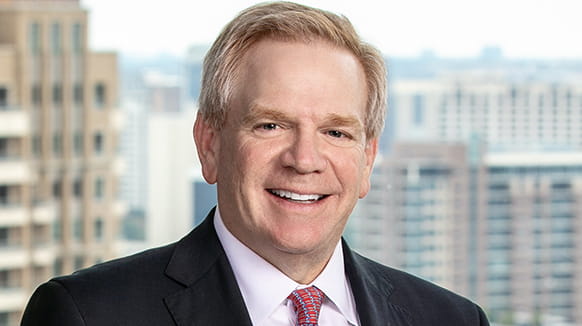On December 6th, the U.S. Supreme Court issued its much anticipated decision in Salman v. United States,1 the first insider trading case the high court has taken up in more than twenty years. Affirming the Ninth Circuit, the Court unanimously held that a jury may infer an insider has breached a duty simply by gifting confidential information to a trading relative. The Court further held that to the extent the Second Circuit in United States v. Newman held that a tipper must also receive something of pecuniary or similar value, that requirement is inconsistent with the Supreme Court’s prior holding in Dirks v. SEC.2
In Salman, an investment banker shared inside information with his brother about pending mergers and acquisitions with the express purpose of assisting his brother in trading. His brother then began feeding that information to others, including Bassam Salman—a family friend and the investment banker’s brother-in-law. The evidence at trial made it clear that Salman knew the information on which he was trading came from an insider. A jury convicted Salman on one count of conspiracy to commit securities fraud and four counts of securities fraud, and Salman appealed his conviction to the Ninth Circuit.
While Salman’s appeal was pending, the Second Circuit issued its decision in United States v. Newman.3 In that case, the Second Circuit reversed the convictions of two downstream tippees who were “several steps removed” from the corporate insiders who were the original sources of inside information (find our previous coverage of the Second Circuit’s opinion here). The Second Circuit held that, to satisfy the “personal benefit” requirement in Dirks, the government must offer some proof of an “exchange that is objective, consequential, and represents at least a potential gain of a pecuniary or similarly valuable nature.”
In hearing Salman’s appeal, the Ninth Circuit declined to follow Newman that far, holding that Dirks allows a jury to infer that a tipper personally benefits from making a gift of confidential information to a trading relative regardless of whether there is evidence of pecuniary gain. Thus, the Ninth Circuit affirmed Salman’s conviction. The Supreme Court granted certiorari in order to resolve the tension between the two circuit court opinions.
The Court unanimously affirmed Salman’s conviction in an opinion authored by Justice Alito. The Court began its analysis by proclaiming that Dirks “easily resolves the narrow issue presented here.” The Court focused on the language of Dirks related to gift giving and held that a tipper certainly breaches his fiduciary duty if he personally trades on information and then gives the proceeds as a gift to a friend or relative. A tipper achieves effectively the same result if he discloses the information to a close friend or relative and allows that person to trade on it. As the Court held, “[G]iving a gift of trading information is the same thing as trading by the tipper followed by a gift of the proceeds.” In both cases,“the jury can infer that the tipper meant to provide the equivalent of a cash gift.”
The Supreme Court’s opinion in Salman leaves untouched Newman’s holding that the government must prove that a tippee is liable only if he knows or should have known of the tipper’s breach of fiduciary duty. The Supreme Court noted that there was ample evidence in the record that Salman knew the information originated from his brother-in-law even though it came to him through an intermediary. Given the narrow issues presented in Salman, however, some important aspects of insider trading law remain murky. For example, Tuesday’s decision fails to clarify who may qualify as a “close friend” for purposes of tippee liability. Without the added burden on the government of proving some pecuniary or similarly valuable benefit, the determination of whether a trading individual qualifies as a “close friend” becomes even more important.
Read the full Supreme Court opinion here.
For more information please contact one of the lawyers listed below.
1 580 U.S. ___ (2016).
2 463 U.S. 646 (1983).
3 773 F.3d 438 (2014), cert. denied, 577 U.S. __ (2015).


